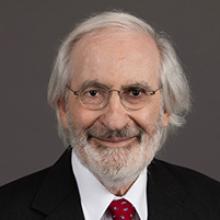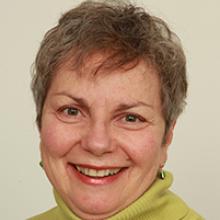Designing Effective Professional Development: Lessons from the Eisenhower Program
The professional development of teachers is a crucial element of the nation’s efforts to improve education. In recent years, these efforts have sought to foster high standards for teaching and learning for all of the nation’s children, and almost all states have met federal requirements for developing challenging statewide content standards. Such standards seek a fundamental shift in what students learn. However, children’s learning will be transformed only if high standards are reflected in teachers’ classroom practice. Education reforms will not succeed without teachers who are immersed in the subjects that they teach and who know how to foster both basic knowledge and advanced thinking and problem solving among their students.
The Eisenhower Professional Development Program, Title II of the Elementary and Secondary Education Act (ESEA), is the federal government’s largest investment that is solely focused on developing the knowledge and skills of classroom teachers. The program is key to meeting the U.S. Department of Education’s objective of ensuring that a “talented and dedicated teacher is in every classroom in America” (U.S. Department of Education, 1999c). Part B of the Eisenhower Professional Development Program, with a 1999 appropriation of about $335 million, provides funds through state education agencies (SEAs) to school districts, and through state agencies for higher education (SAHEs) to institutions of higher education and nonprofit organizations (SAHE grantees). These funds primarily support professional development in mathematics and science. Congress and the U.S. Department of Education (ED) currently are considering changes to the Eisenhower program as part of the reauthorization of the ESEA.
This report, based on a national evaluation of the Eisenhower program, aims to provide information about how the program is operating and how it might be strengthened to inform policymakers as they consider changes to the program during its reauthorization. In addition to informing policymakers about the Eisenhower program, a second objective of this report is to contribute more generally to knowledge about professional development. The Eisenhower program is a source of funding for professional development activities, not a specific approach to professional development. Allowable activities are wide-ranging and include workshops and conferences, study groups, professional networks and collaboratives, task force work, and peer coaching.
Furthermore, Eisenhower funding does not exist in a vacuum. Eisenhower-assisted activities also may receive funding through states, school districts, and other federal programs. Therefore the information in this report about Title I of the Elementary and Secondary Education Act (ESEA) required that by the 1997-98 school year, each state was to have adopted challenging content standards in at least reading and mathematics, and challenging performance standards that describe students’ mastery of the content standards. Forty-eight states, plus Puerto Rico and the District of Columbia, have met federal requirements for developing challenging statewide content standards. Twenty-one states, plus Puerto Rico, have met the requirement for developing student performance standards. States are not required to submit content and performance standards to the U.S. Department of Education—only evidence of their quality and rigor. The quality and effects of Eisenhower-assisted activities is also applicable to professional development funded through other sources.
Finally, by analyzing features of professional development activities and their effects on teachers, the third objective of this report is to gauge the extent to which federal support for professional development of teachers enhances the quality of teaching practice in the nation’s schools. Ultimately, the success of the nation’s efforts to improve student learning depends on efforts to improve the quality of teaching.

